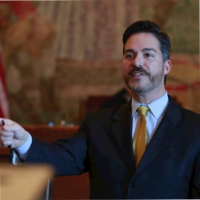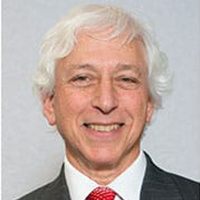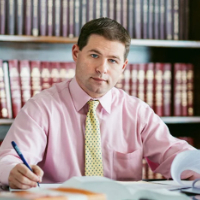Little Falls Criminal Lawyer, New Jersey
Sponsored Law Firm
-
 x
x

Click For More Info:
-
Torres Legal
129 Prospect St Passaic, NJ 07055» view mapCriminal Defense & Divorce and Family Law Competent Legal Representation
Founded in 2005, Torres Legal is a Law Firm based in Passaic, NJ whose goal is to provide individuals in need with competent legal representation.
800-761-6810
Carl G. Zoecklein
✓ VERIFIEDCarl G. Zoecklein, graduated from Seton Hall Law School in 1989, passed the New Jersey Bar in 1990 and became a licensed Attorney in the State of New ... (more)
Lindsay A. Bernstein
✓ VERIFIEDI am an experienced attorney in New Jersey with substantial experience in municipal court handling traffic matters and criminal cases. I work hand in ... (more)
Albert Cernadas
✓ VERIFIEDAlbert Cernadas Jr. is the former First Assistant Prosecutor of Union County and Certified by the Supreme Court of New Jersey as a Criminal Attorney. ... (more)
Joel Bacher
✓ VERIFIEDThe Law Office of Joel M. Bacher, is located in Wayne, New Jersey. For over 40 years, I have been providing legal counsel to individuals and small bus... (more)
Christopher Raymond Fritz
✓ VERIFIEDIntroducing Christopher Fritz: A Resolute Advocate for Divorce and Family Law in New Jersey. In the realm of divorce and family law, one name stand... (more)
Jose Raul Torres
✓ VERIFIEDJosé R. Torres is experienced in real estate, bankruptcy and criminal defense. He also counsels clients in customs
Joseph John Donatiello
✓ VERIFIEDJoseph Donatiello was born and raised in Northern New Jersey and received his J.D. in 2009 from Rutgers School of Law in Newark. Following law school,... (more)
 Jose Torres Passaic, NJ
Jose Torres Passaic, NJ AboutTorres Legal
AboutTorres Legal








